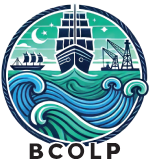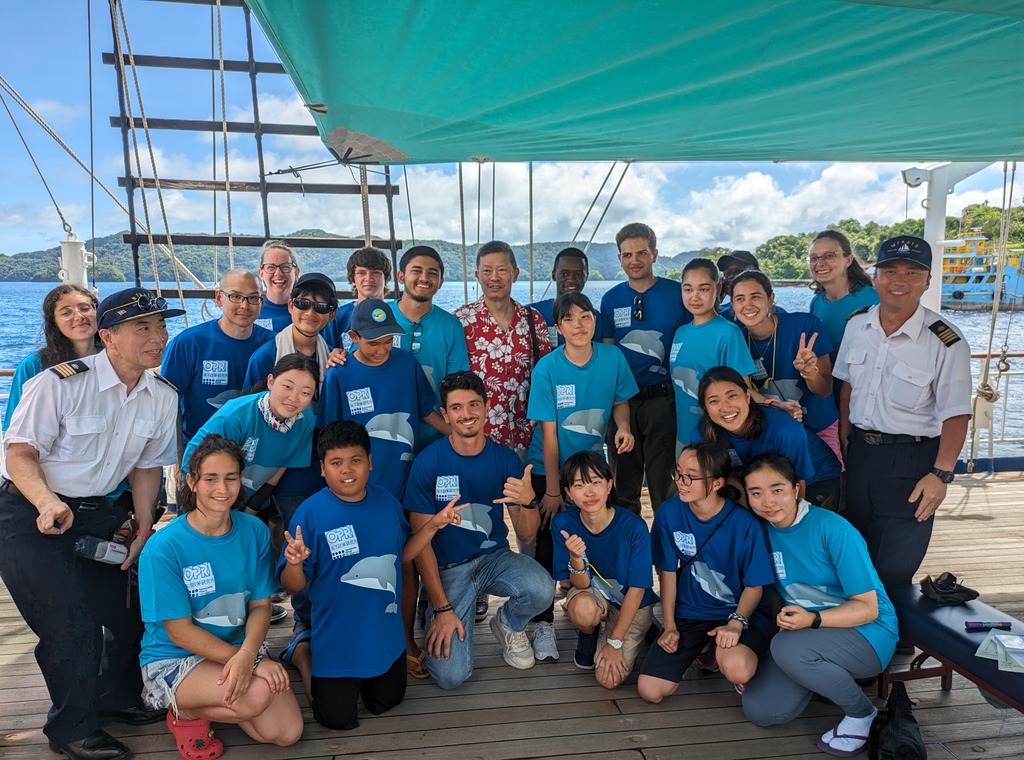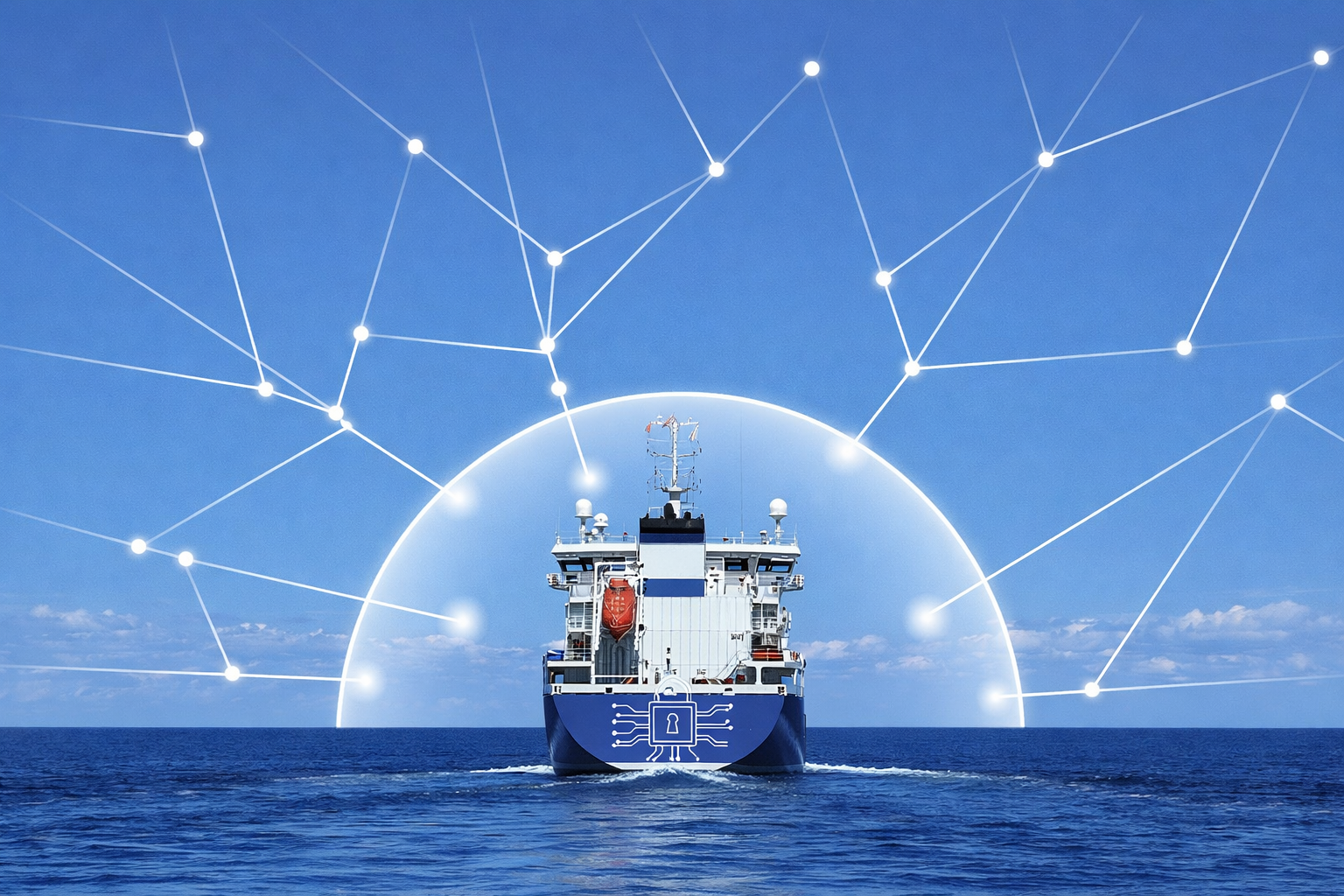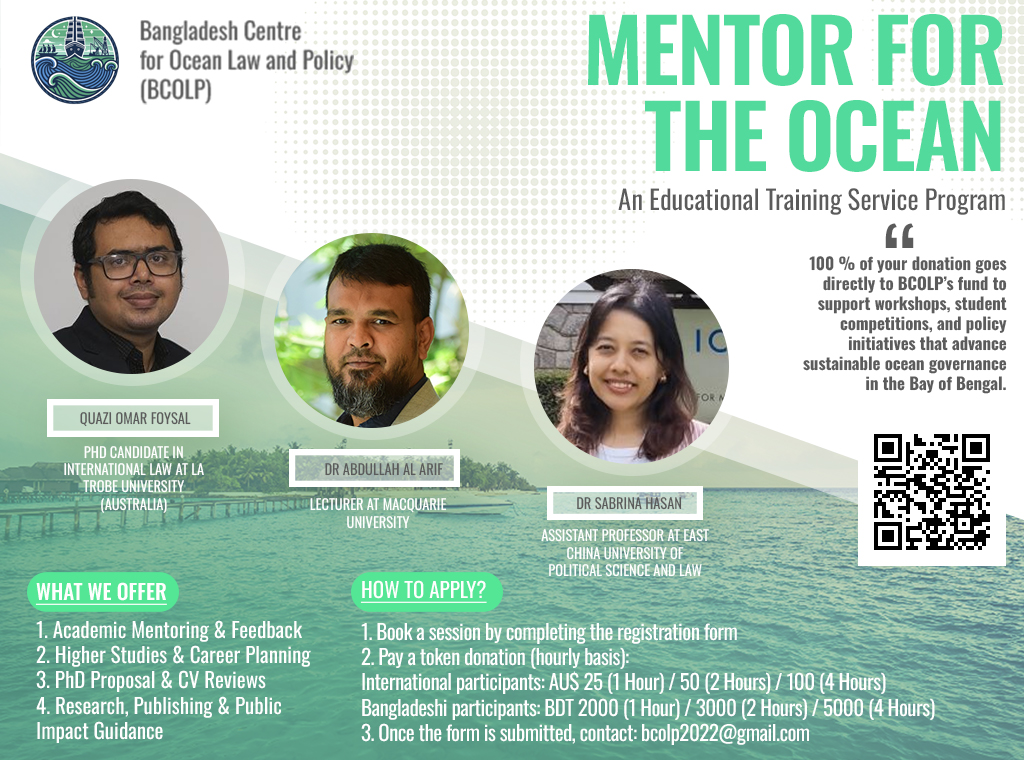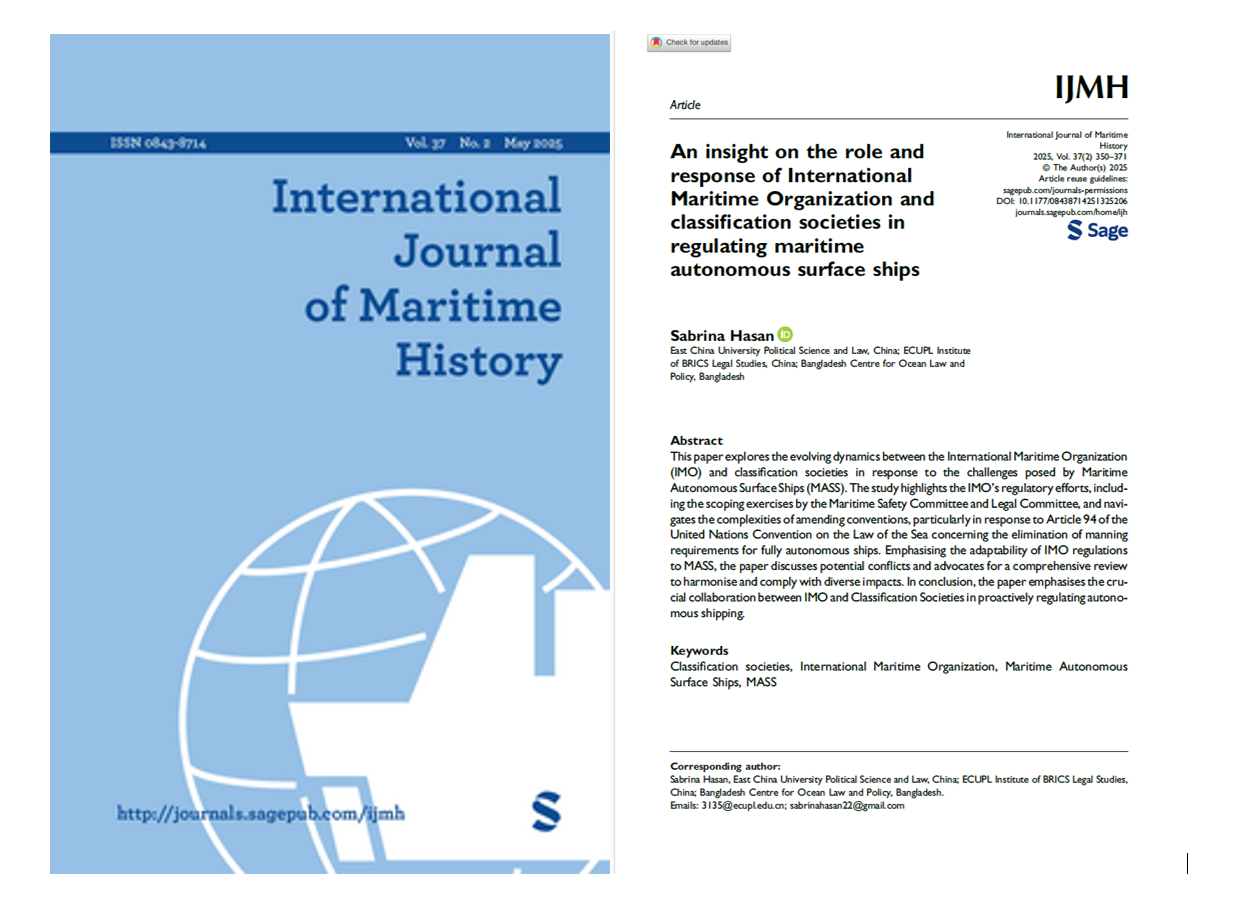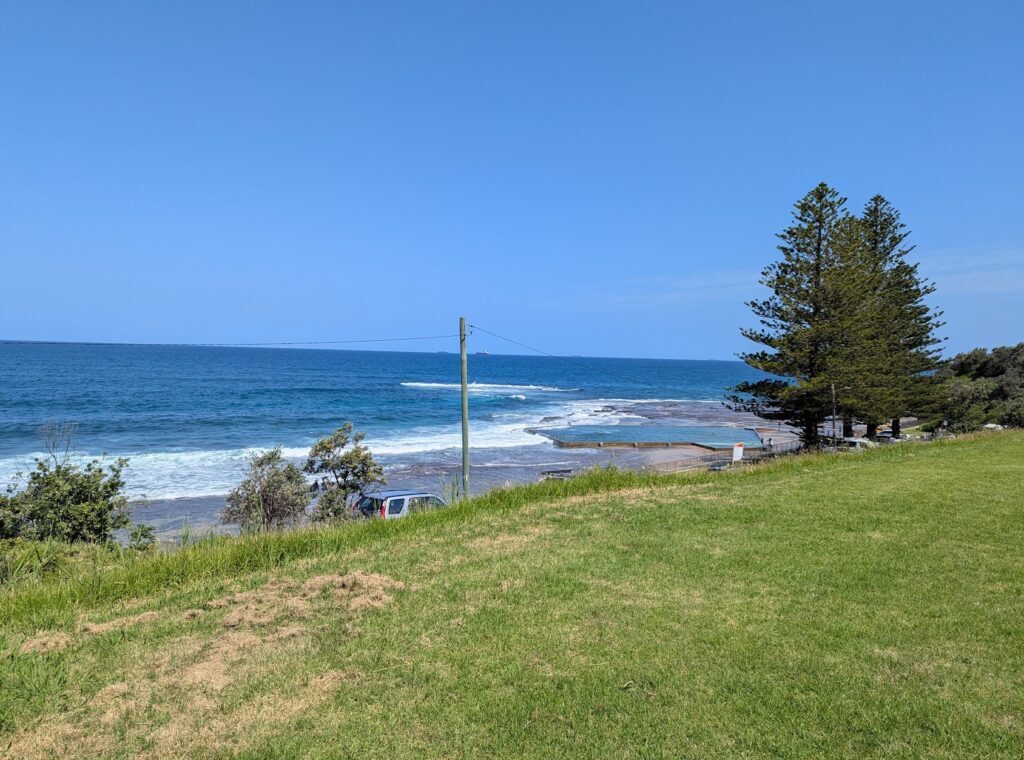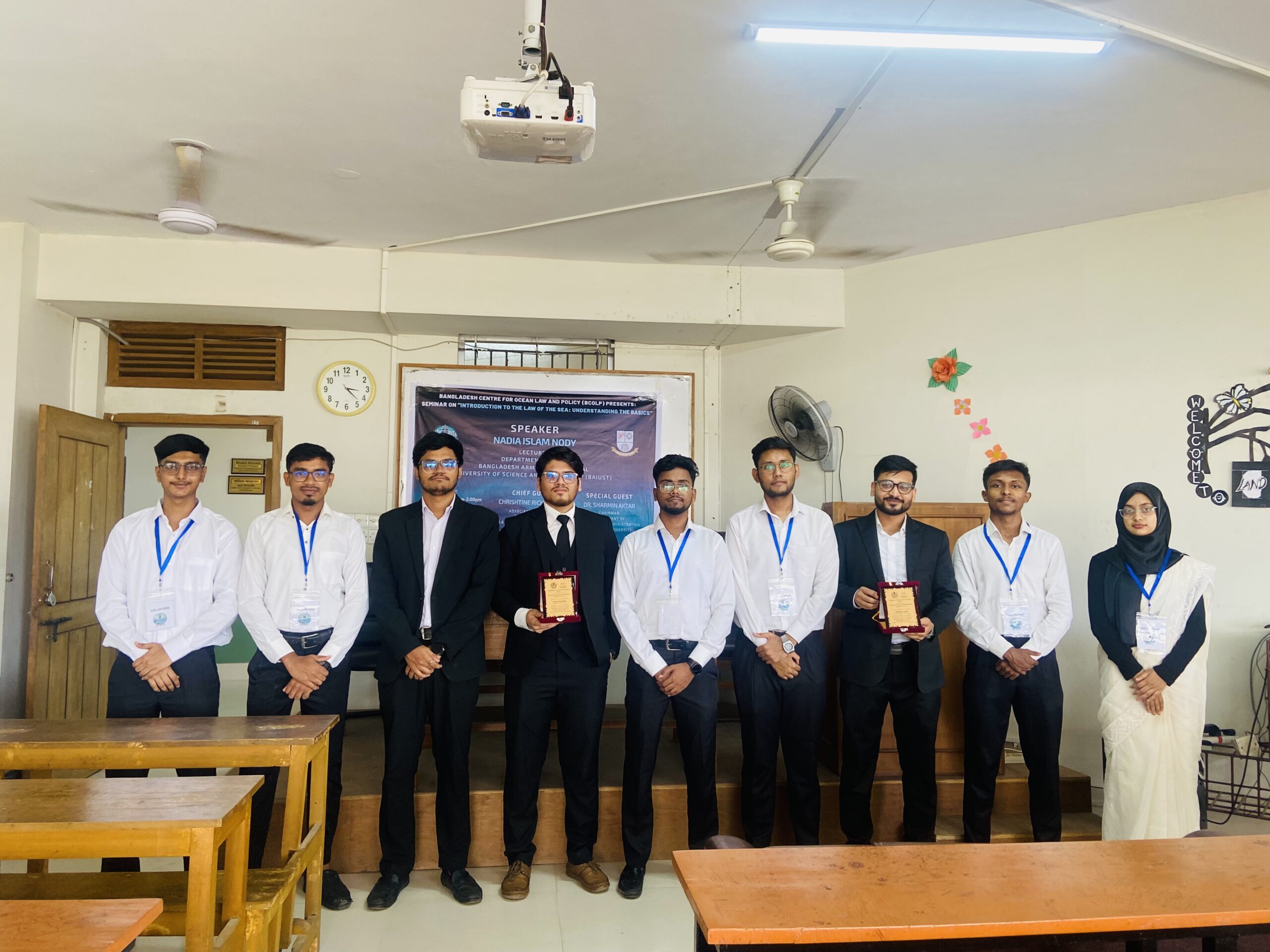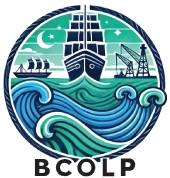Miraz Hossain Chowdhury
In March 2024, I had the extraordinary opportunity to participate in the “International Ocean Human Resource Development Project,” an ocean education program organized by the Ocean Policy Research Institute (OPRI) of the Sasakawa Peace Foundation. This initiative brings together passionate youth from across the world to foster the next generation of ocean leaders – individuals committed to advancing the sustainable use of the ocean by 2030. As the only South Asian selected for the program that year, I felt deeply honored to be part of this diverse and inspiring group.
Our journey took place aboard the MIRAIE, a tall ship that served as a support vessel for the Japan-Palau Friendship Yacht Race 2024. We sailed across the Pacific Ocean from Yokohama, Japan to Koror, Palau. Twenty young participants from twelve different countries joined the voyage, each bringing their own perspectives and aspirations. This unique setting – not only of the open sea but of cultural diversity – created an environment where learning happened not only through formal lessons, but also through shared experiences.
The program was designed with a clear educational purpose: to develop the ability to identify and build consensus on ocean issues, to cultivate genuine interest in ocean affairs, and to strengthen basic ocean literacy. These goals were pursued through a thoughtfully crafted mix of classroom instruction, hands-on science, and the realities of life at sea. Every day on the MIRAIE brought new insights – not just about the ocean, but about us.
Classroom sessions were led by two exceptional educators: Ms. Christina Buffington from the University of Alaska, and Ms. Cheryl Williams, an ocean education coordinator. They introduced us to a wide range of topics, including the basics of oceanography, the dynamics of marine ecosystems, and the far-reaching consequences of human activity on the ocean. Their teaching laid the groundwork for the more practical aspects of the voyage.
We engaged in real-time ocean monitoring as part of the GLOBE Program (Global Learning and Observations to Benefit the Environment), an international initiative that invites students and communities to collect scientific data for environmental research. Throughout our journey, we took measurements of both atmospheric and oceanic parameters – from temperature, humidity, and wind speed to seawater pH, salinity, dissolved oxygen levels, and nutrient content. We also collected water samples to analyze the presence of plankton and microplastics, using microscopes to examine what was invisible to the naked eye. The microplastics sampling was a powerful experience. Seeing first-hand the extent of plastic pollution in the ocean was a sobering reminder of the environmental challenges we face.
Living aboard the MIRAIE was an education in itself. Each of us was assigned to a “watch group,” rotating through responsibilities that included cleaning the deck, navigating the ship, performing night watch, and monitoring weather conditions. These daily routines required teamwork, communication, and mutual respect – especially since we came from different cultural and linguistic backgrounds. During these tasks, I found myself learning how to lead, how to listen, and how to trust others in unfamiliar situations. These were not just practical skills, but personal lessons in empathy and cooperation.
Toward the end of the voyage, we were asked to present a scientific poster based on the data we had collected. I worked with a fellow participant from Japan, Sanetoki Matsuno, and together we created a project titled “Accuracy of Our Seawater Temperature at the Surface and Dissolved Oxygen Data.” Guided by our instructors, we analyzed our findings and prepared a visual presentation that combined scientific inquiry with real-world observation. Sharing our work with the group was a proud moment – one that reflected how much we had grown over the course of just two weeks.
Our arrival in Palau on March 25th was marked by a disembarkation ceremony attended by dignitaries from both Palau and Japan. Among them were Mr. Steven Victor, Palau’s Minister of Agriculture, Fisheries, and Environment; Mr. Thomas Esang Remengesau Jr., former President of Palau; Mr. Hiroaki Orikasa, Ambassador of Japan to Palau; and Dr. Hide Sakaguchi, then-President of the Ocean Policy Research Institute. Their presence and words of encouragement validated our experience and reminded us that our voices, though young, hold weight in shaping the future of the ocean.
Reflecting on the program, I can say without hesitation that it changed my life. Before this journey, I often felt anxious and hesitant in unfamiliar environments. I struggled with public speaking and lacked confidence when engaging with people from different communities. But something shifted aboard the MIRAIE. The supportive atmosphere, the shared purpose, and the challenges we overcame together helped me grow into someone who now feels empowered to speak up and take initiative. I found not just a new understanding of ocean science, but a new sense of self – and a new family of peers who share my passion for ocean conservation.
The program’s impact was not just personal. OPRI’s surveys before and after the voyage confirmed statistically significant improvements in our core competencies as future ocean leaders. The transformation was evident in each of us – in our knowledge, our confidence, and our commitment.
This voyage was more than an educational program. It was a journey into possibility. I now see myself as part of a global movement toward sustainable ocean governance. I am grateful to the Sasakawa Peace Foundation and the Ocean Policy Research Institute for making this experience possible, and I am determined to carry the lessons I’ve learned into every project I undertake in the future.
Miraz Hossain Chowdhury is a second-year law student at the University of Chittagong. He can be reached at: mirazhossainchowdhury@gmail.com.
